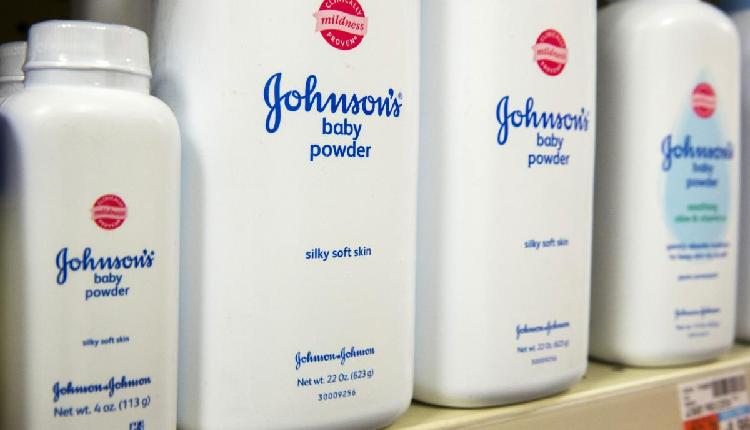Johnson & Johnson must pay $18.8 million to Emory Hernandez Valadez, who developed mesothelioma from heavy exposure to one of its talc products, a jury decided on Tuesday.
Hernandez, who is 24, had filed suit last year in California state court in Oakland against J&J, seeking monetary damages for developing the type of deadly cancer in the tissue around his heart.
J&J lawyers said there was no evidence linking Hernandez’s mesothelioma to asbestos or proving that he was ever exposed to tainted talc, while Hernandez’s lawyers accused the company of a despicable decades-long coverup of asbestos contamination.
While testifying in June, Hernandez said would have avoided J&J’s talc if he had been warned that it contained asbestos, his mother, Anna Camacho, said she used large amounts of J&J powder on her son as a baby.
The jury found that Hernandez is entitled to damages in compensation for his medical bills, pain, and suffering, but declined to award punitive damages against the company.
Hernandez will not be able to collect the judgment in the foreseeable future, with a bankruptcy court order freezing most litigation over J&J’s talc products.
“The company will appeal the verdict, which is irreconcilable with the decades of independent scientific evaluations confirming Johnson’s Baby Powder is safe, does not contain asbestos, and does not cause cancer,” said J&J vice president of litigation, Erik Haas, in a statement.
Hernandez’s lawsuit is not the first against J&J’s talc products, as tens of thousands of plaintiffs have sued the company, alleging that the baby powder and other talc products contained asbestos, causing ovarian cancer and mesothelioma.
J&J subsidiary, LTL Management, had filed for bankruptcy in Trenton, New Jersey, proposing to pay $8.9 billion to settle 38,000 lawsuits and prevent new cases from coming forward.
J&J’s costs of its talc-related verdicts, settlements, and legal fees reached $4.5 billion, said the company in bankruptcy court filings.
Litigation has been halted during the bankruptcy proceedings, despite that, US Chief Bankruptcy Judge, Michael Kaplan, who is overseeing LTL’s Chapter 11, let Hernandez’s trial as he is expected to live for a short time.
Asbestos plaintiffs are seeking to have LTL’s bankruptcy filing dismissed, arguing that it was brought to insulate the company from litigation.
J&J and LTL argue that bankruptcy delivers settlement payments to plaintiffs more fairly, efficiently, and equitably than trial courts, likening it to a lottery, in which some litigants get large awards while others get nothing.
